Does Gin Go Bad? The U.S Kitchen
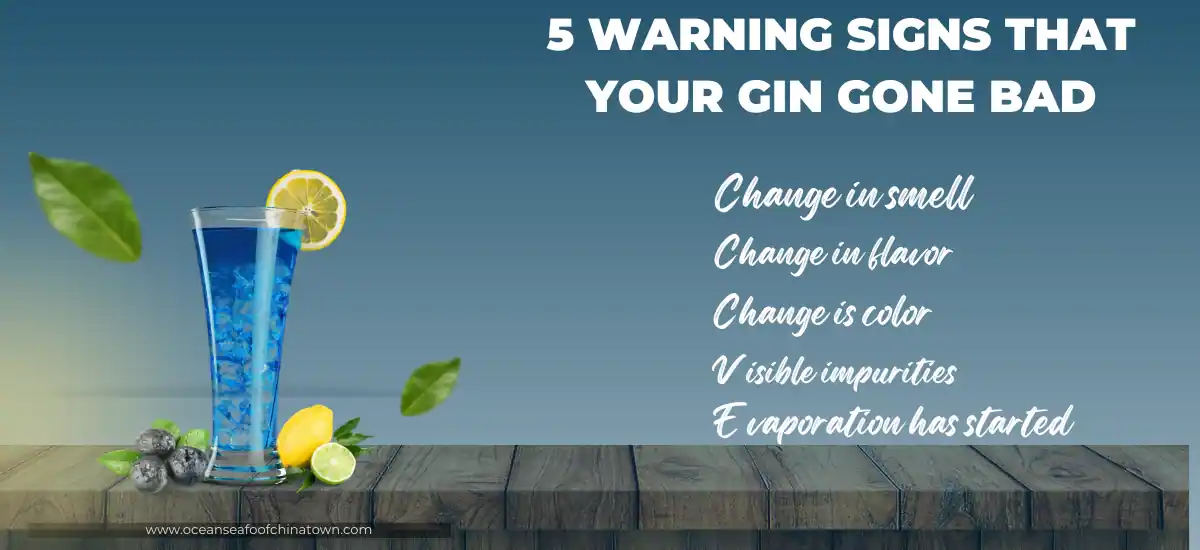
Does Gin Go Bad? Oceanseafoodchinatown
Gin is a spirit that does not spoil or go bad in the same way that perishable food items do. However, there are a few indicators that can help determine if gin has deteriorated. Signs that gin may have gone bad include changes in color, such as a significant darkening or discoloration, the presence of sediment or particles floating in the.

Ovenvia — Is it okay to use expired evaporated milk
Chances are it won't taste half bad, and you will decide to keep the gin for drinks. If the taste is subpar, it's best to discard the alcohol for quality purposes. Gin doesn't go bad unless you help it spoil. If you store the bottle unsealed, some contaminants will get into the bottle and, after a long time, it might go off.
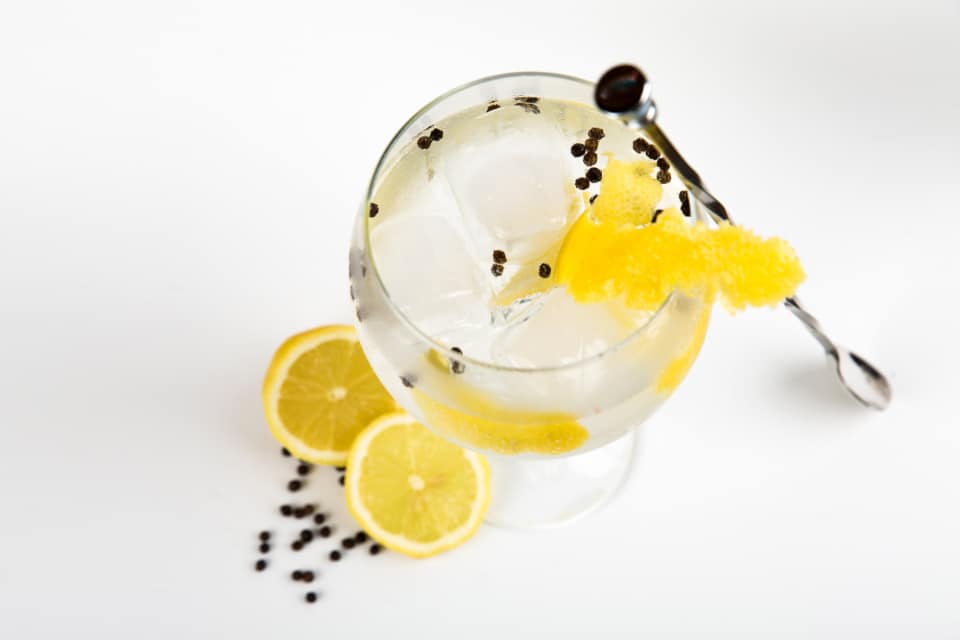
Does Gin Go Bad?
What Causes Gin to go Bad. If exposed to the sun for a while, the color will begin to change. Temperature can degrade a molecule called terpene, altering the flavor. Evaporation can also take place, once you open the bottle and start to drink it, that is usually when the taste degrades. Especially if it is left in the bright light or the cap is.
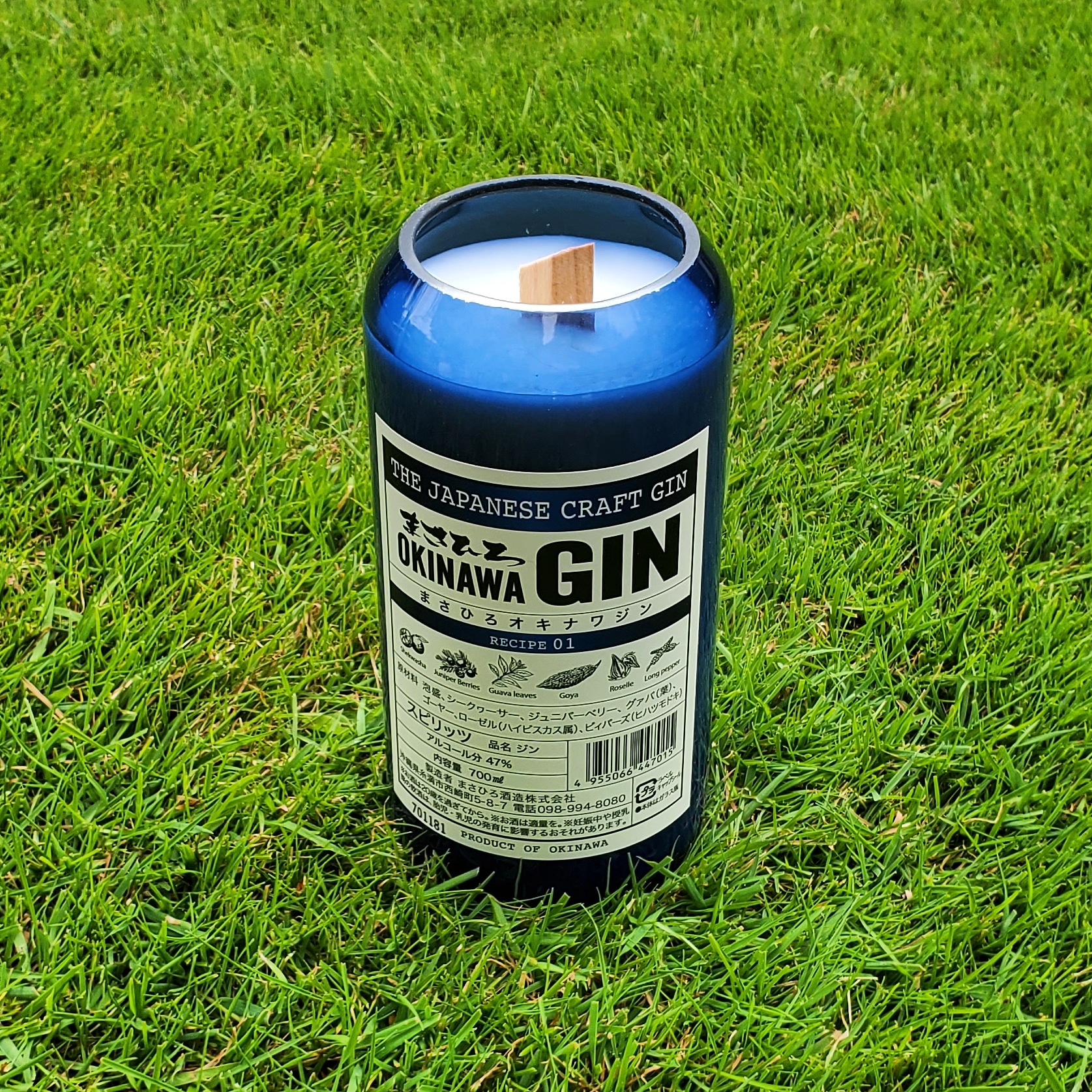
Upcycled Gin Bottle (Okinawa Gin) DrinkWicks
Convenience: Freezing is convenient for storing gin in warmer climates or for quick access to cold cocktails.; Texture Changes: Some flavored gins or liqueurs may experience texture changes when frozen, despite the overall benefits.; Impact on Taste. Freezing gin can subtly alter its flavor profile, leading to a smoother and more enjoyable drinking experience.

Does gin freeze? How to store Gin? Kresent!
Gin does not go bad or expire once opened. However, the oxidation process will change the flavor profile of the opened Gin. For this reason, it is preferred to consume a bottle of Gin within one year of opening the bottle. If unopened, the bottle of Gin can retain the delicate flavors for many years. Gin is a drink of subtle nuances of flavor.
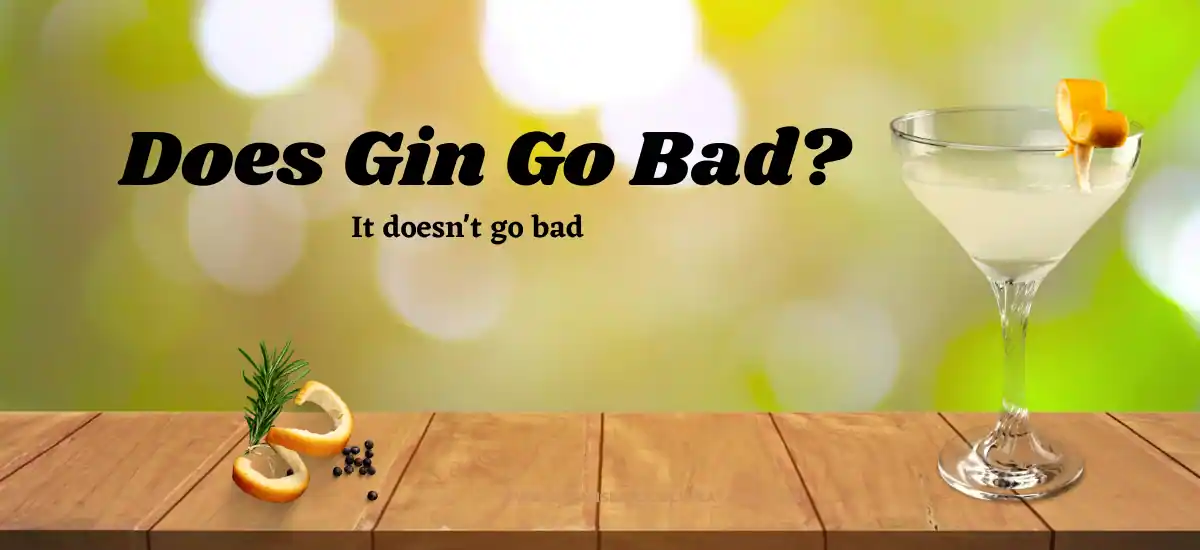
Does Gin Go Bad? Oceanseafoodchinatown
Can gin go bad in high temperatures? Exposure to high temperatures can cause gin to degrade more quickly, but it is unlikely to spoil or become dangerous to consume. However, extreme temperatures can cause the gin to evaporate more quickly and change the flavor profile. It is best to store gin in a cool, dry place to maintain its quality.
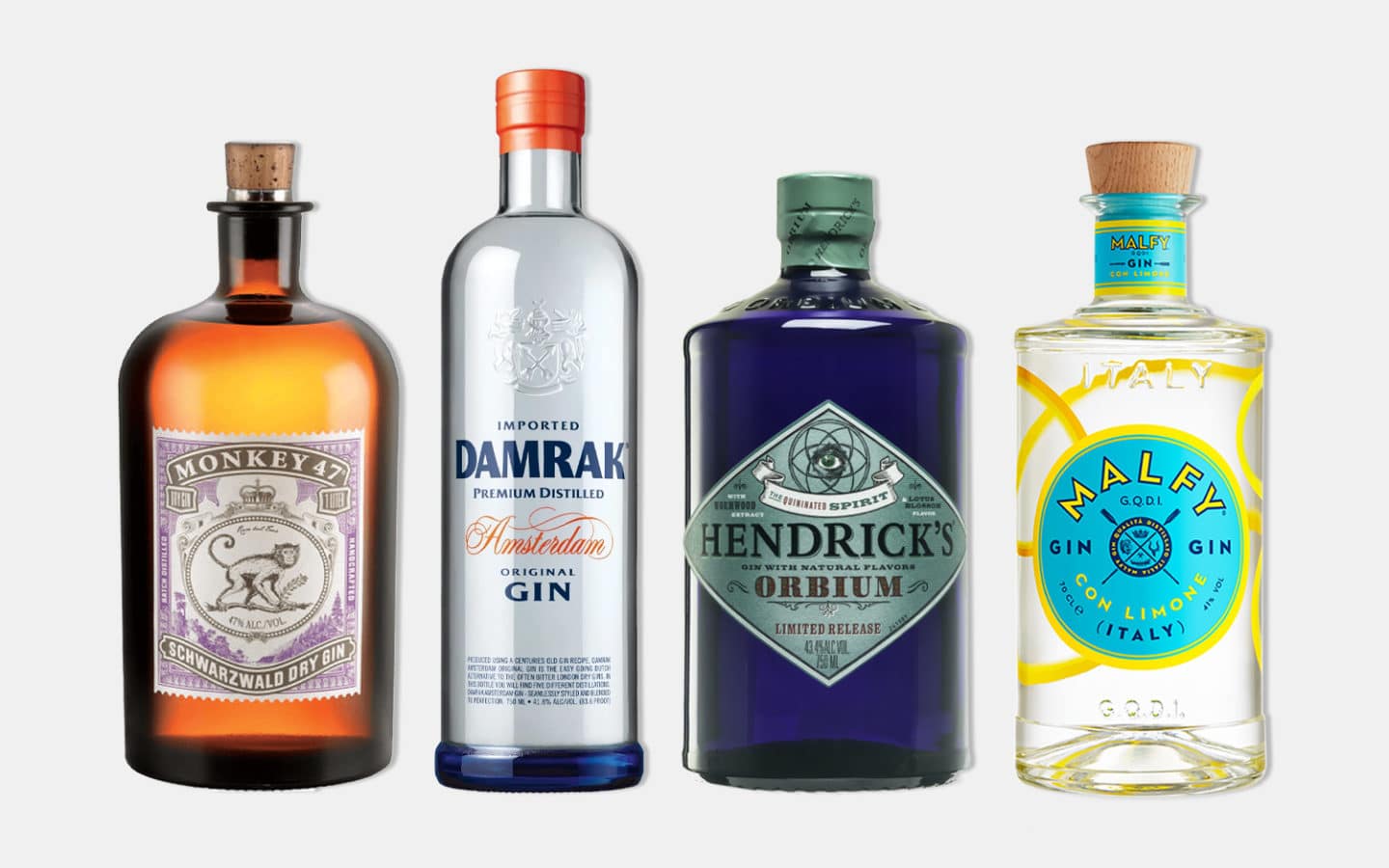
The 28 Best Gins To Drink Right Now GearMoose
Keeping gin in the proper storage condition can significantly maintain its original quality and flavor. Gin has an indefinite shelf life, especially if it is still unopened. Note that gin does not really go bad; only the quality starts to degrade once you open the bottle. That's why you'll have to finish the bottle in a few years.

Can Liquor Go Bad? When Does Liquor Go Bad and Expire? What is the
Yes, Gin can Go Bad with time. Gin has a long shelf life as it is made of high alcohol content like its friend rum and tequila but that doesn't mean the taste and flavors remain the same. Before you start using Gin and Tonic just make sure it has gone bad or not so that you can get an idea if it is good to use or not. As Gin is made of fruits.

Does Vodka Spoil? What to Know Food Validity
In a Nutshell. gin doesn't really go bad, but it slowly degrades in flavor after opening. many colorful floral and fruit infusions tend to turn paler over time, that's normal and harmless to the alcohol. keep it in a dark and cool place, away from direct light and heat sources.

Can Gin Go Bad & Expire? How Long does Gin Last Once Opened? Can
Gin doesn't really go bad in terms of typical food spoilage, thanks to the high alcohol content. Keep gin at a cool, dry, dark place, away from heat and sunlight. Your pantry, cupboard, or liquor cabinet should do the job. With proper storage, gin can last for years. But, gin doesn't get tastier with age.
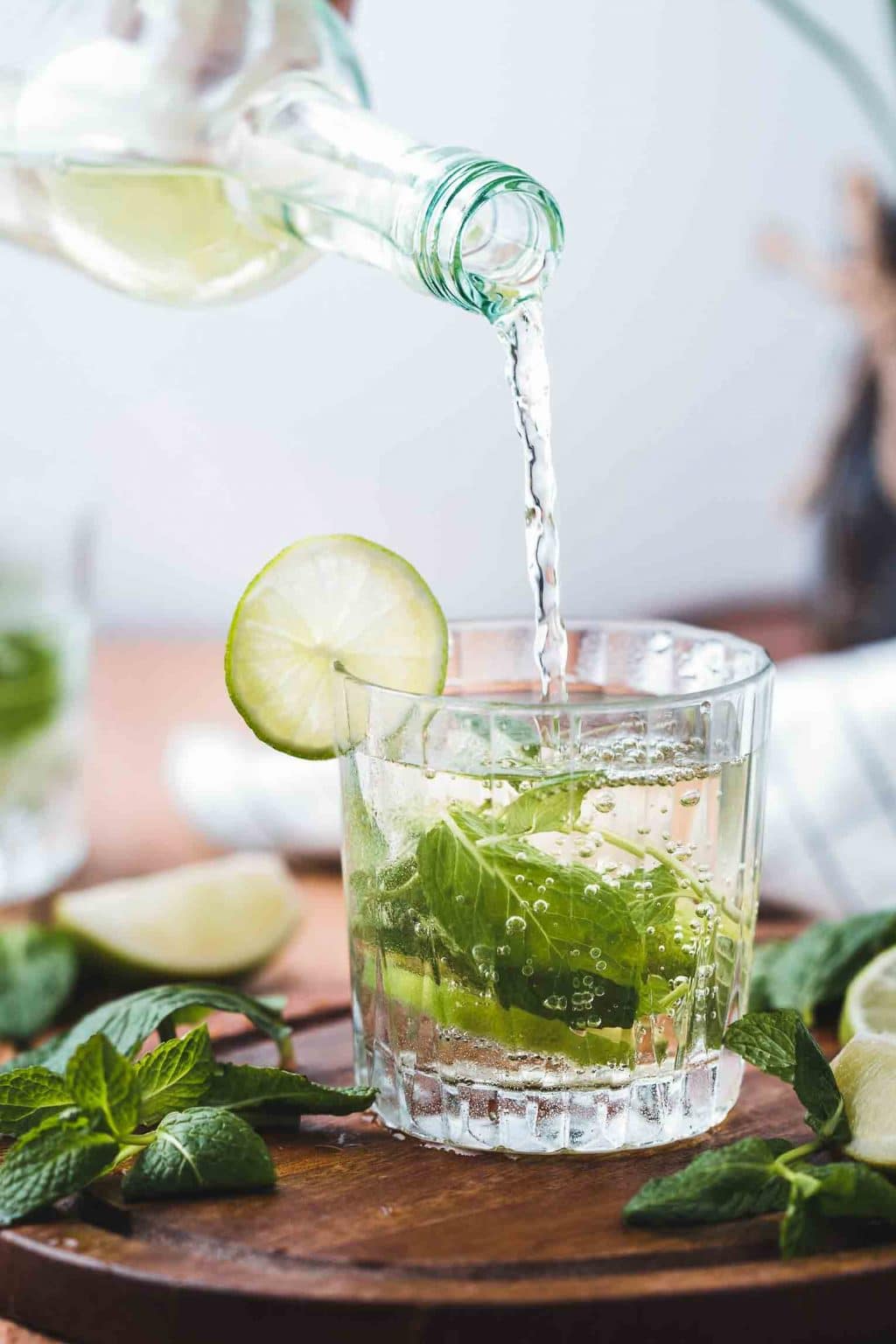
Does Gin Go Bad? Desserts & Drinks
To answer our question, then: Can Gin go bad? Not really, but it can lose a bit of its lustre if it hasn't been stored properly. Not an ideal scenario, but it's not going to hurt you. And once the bottle's open it will inevitably but slowly change in character - so don't hang about. Hi Miriam, the short answer is that yes, this can.
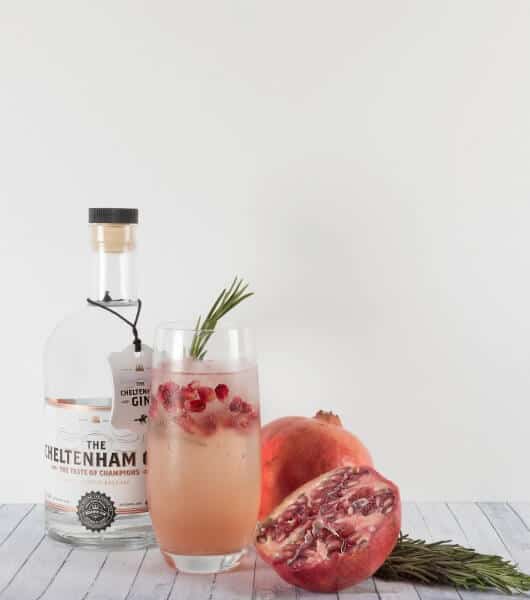
Can Gin Go Bad? Can It Go Bad?
If your gin tastes neither good nor too bad, you can consider making a drink by mixing classic gin and tonic and give it a try. By doing so, you'd be elevating the flavor instantly. What's more, you can keep your gin bottle stored for longer. If the quality has degraded to worse, the best option would be to discard it. 2. Check for impurities

Can Gin Go Bad? What to Look For Food Validity
Pure gin shouldn't freeze until the temperature falls to minus 27 C (-17 F), so it is safe in your freezer. Gin liqueurs have a lower ABV and therefore freeze more easily. Some gins which are flavoured with natural ingredients or are unfiltered (with visible particles in them) may partially freeze or subtly change when stored in the freezer.

Can Gin Go Bad & Expire? How Long does Gin Last Once Opened? Can
Unopened gin lasts 1-2 years before it starts going bad. This being said, it's important to remember that gin can't go bad in the traditional sense. That is, it won't go moldy or begin to grow any kind of unsafe fungus if it's left open or sitting too long in the cupboard. However, it can "go bad" in the aesthetic sense, making it.
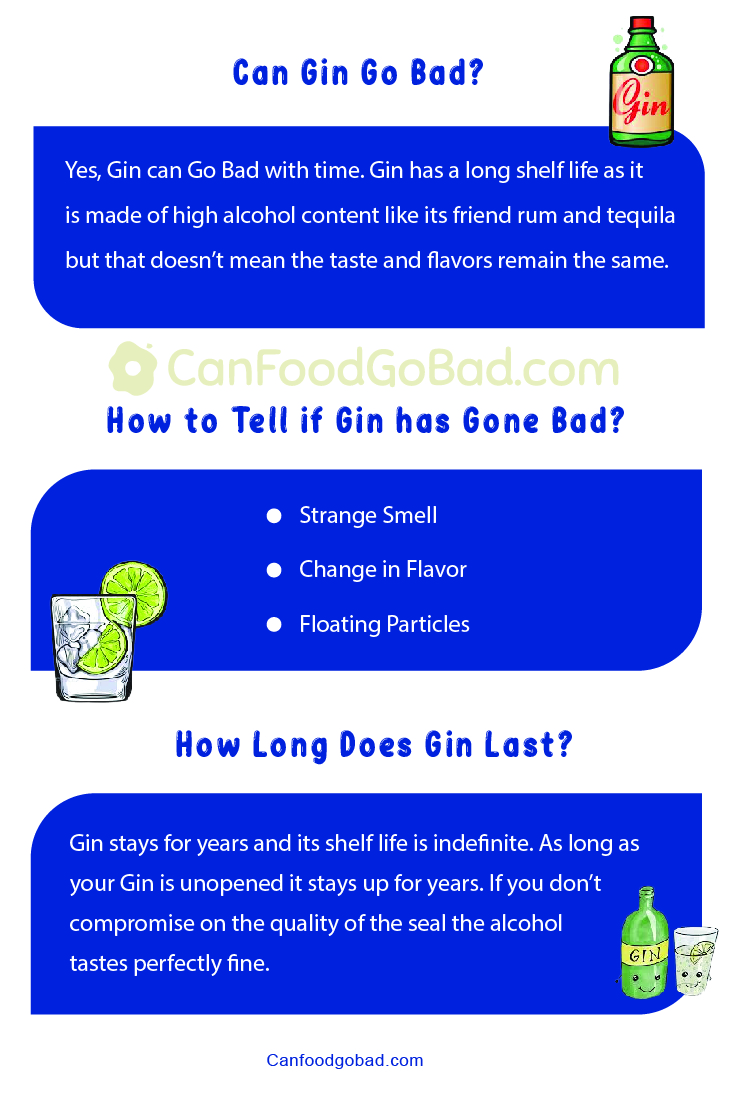
Can Gin Go Bad & Expire? How Long does Gin Last Once Opened? Can
However, one must not assume that gin does not go bad. Although it will be safe to drink and arguably last forever, the quality and taste of gin does deteriorate overtime. When a gin bottle is opened, the process of oxidation begins because of the oxygen that is now present in the bottle. The more oxygen there is inside of the bottle, means the.

Does Gin Go Bad? The U.S Kitchen
The gin will go bad but this will take a long time. This means that gin can last quite a long time if you store it properly. In fact, gin can last for years if you store it properly. Now you know that an important factor in extending the life of a gin is its proper storage. So, we need to know how to properly store gin to extend its life.